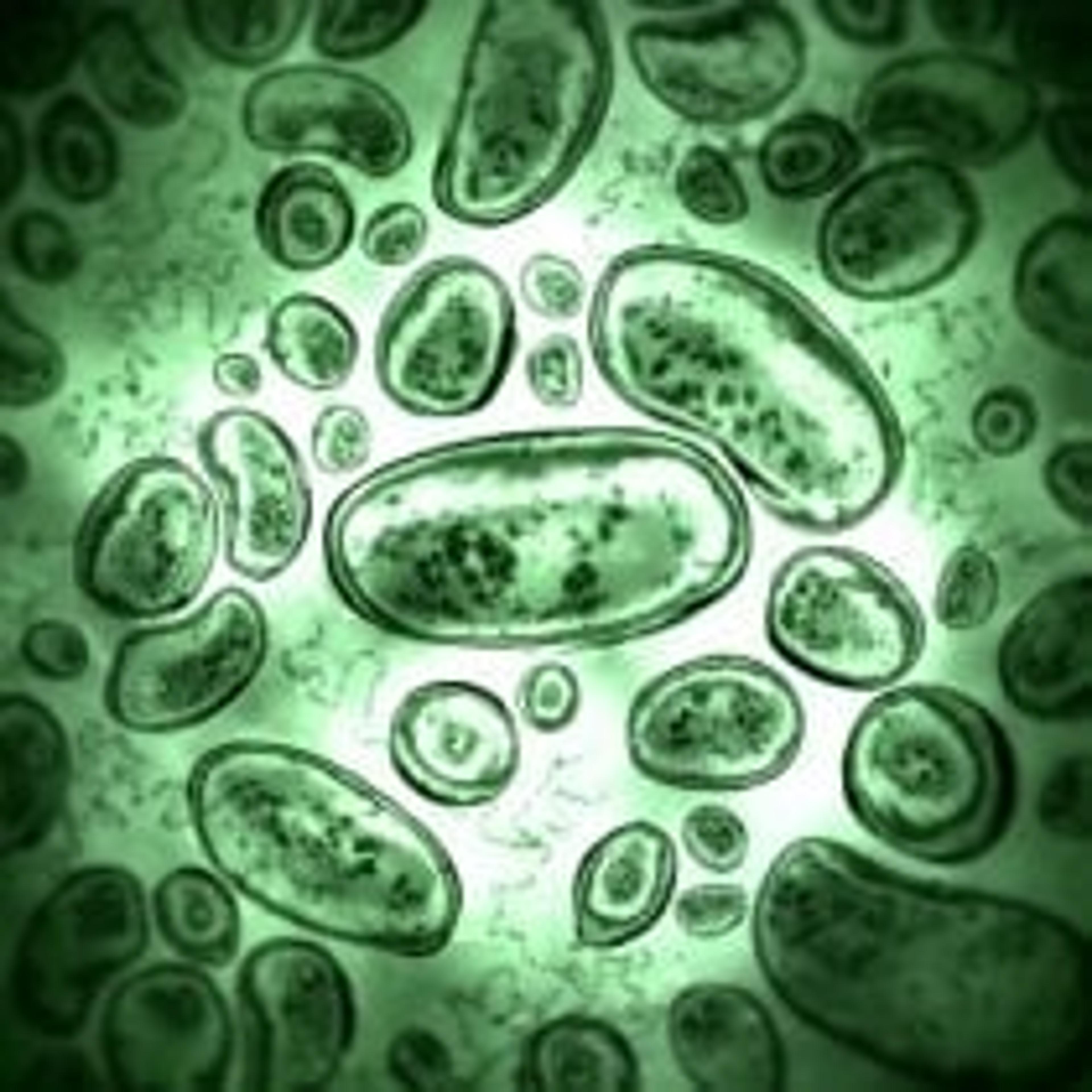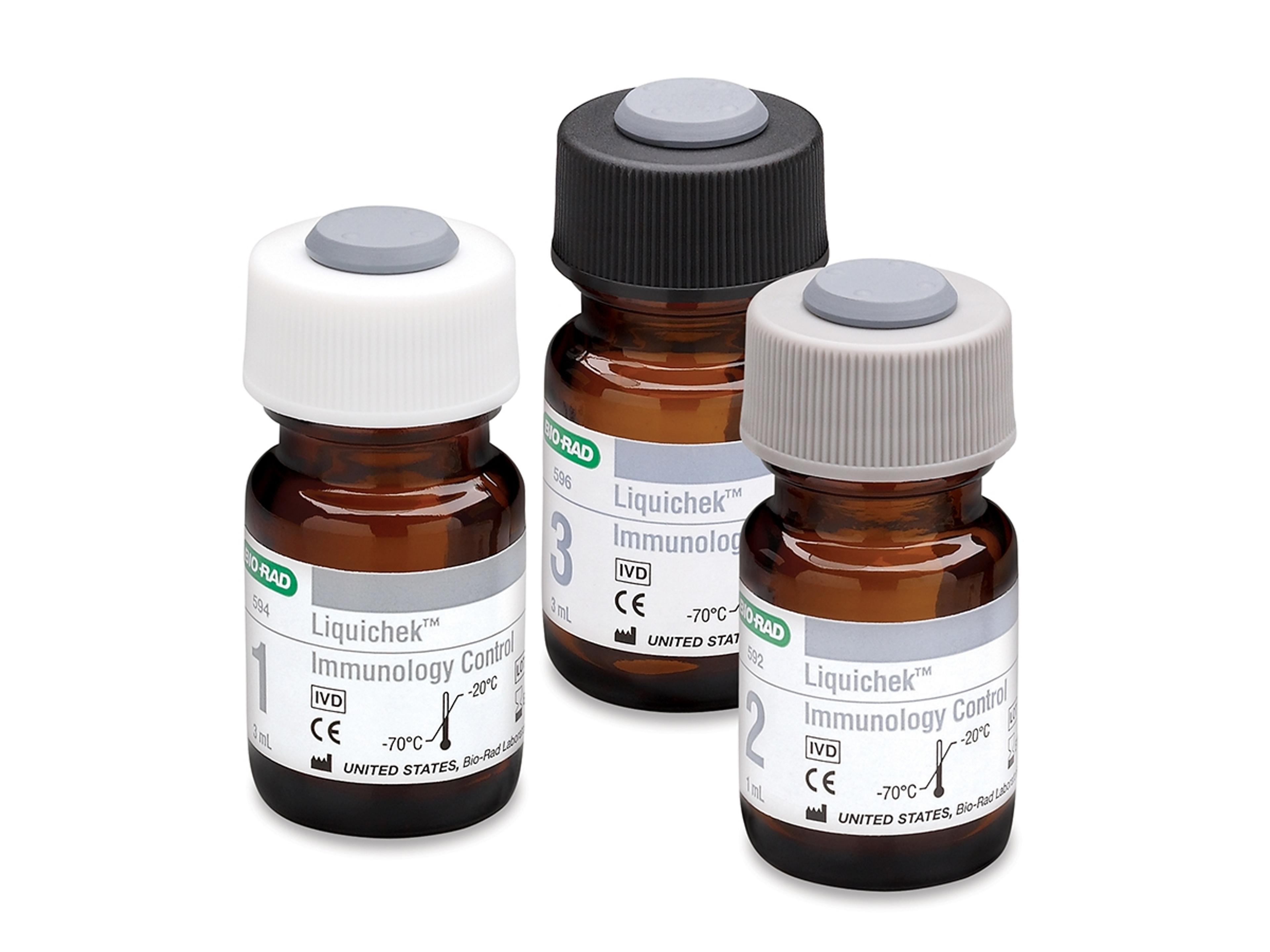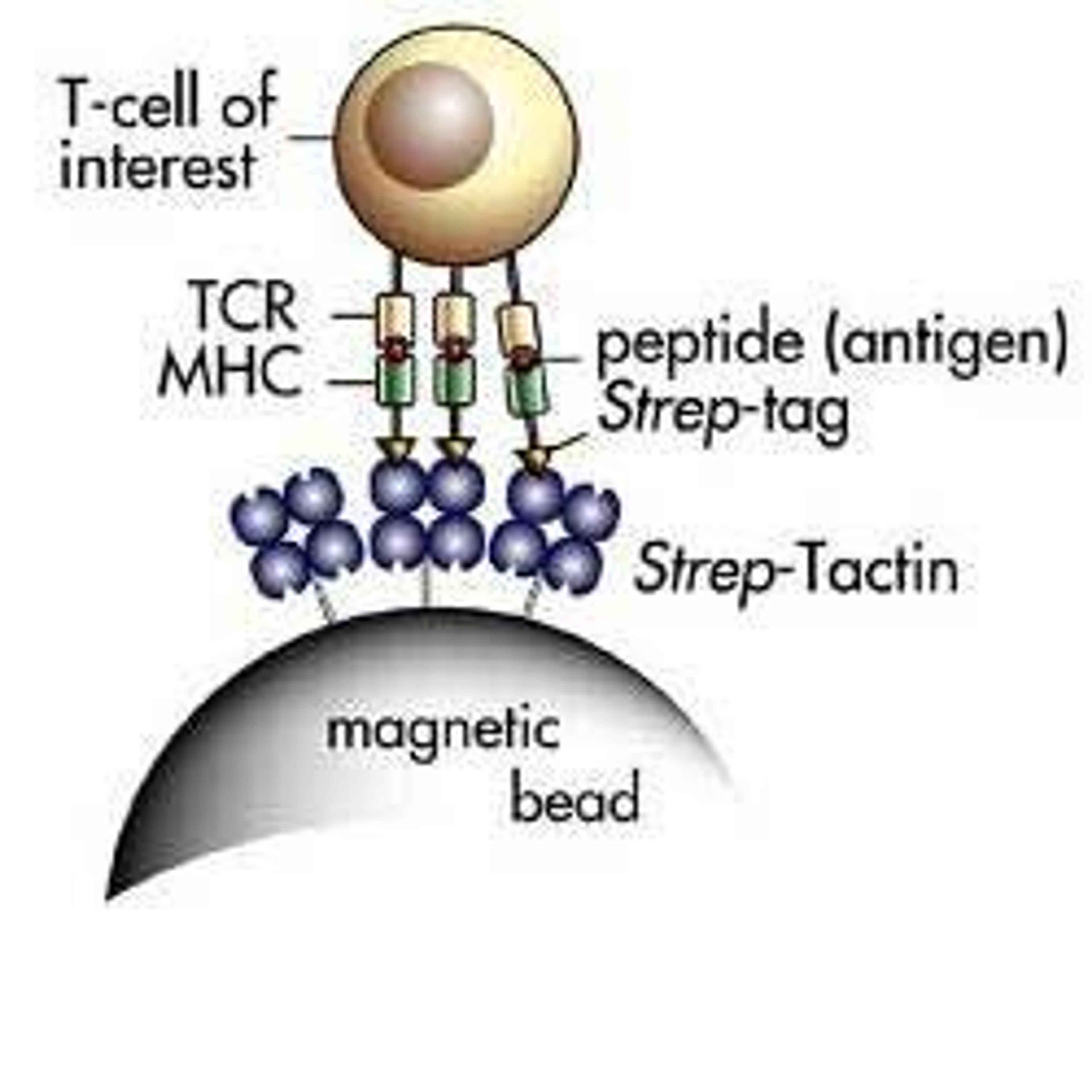Immunology Reagents Products & Reviews
Immunology Reagents
Selected Filters:
Liquichek Immunology Control
Bio-RadA trilevel, liquid, comprehensive serum protein control with assayed values for a wide range of methods; includes Anti-Cyclic Citrullinated Peptide (Anti-CCP) and Rheumatoid Factor (RF).
X-tremeGENE siRNA Transfection Reagent
X-tremeGENE siRNA Transfection Reagent efficiently delivers short interfering RNA (siRNA) into many commonly used cell types including HeLa, NIH 3T3, HEK-293, CHO-K1, and COS-7, and several hard-to-transfect cell lines such as HT29, a human adenocarcinoma cell line. When used for cotransfection-based gene knockdown, X-tremeGENE siRNA Transfection Reagent enables significant protein expression and effective knockdown levels due…
G-418 Solution
Use G-418 antibiotic to select and maintain eukaryotic cells that are stably transfected with the genes for neomycin resistance. High purity: Use less antibiotic and produce greater selection pressure while minimizing toxicity from contaminants. Convenient sterile-filtered liquid format: Reduce time, effort, and potential errors by using a prepared sterile-filtered solution instead of making stock solutions from powder.…
Innova Biosciences - Conjugation Services
Innova Biosciences Ltd.Innova Biosciences – Antibody Conjugation Service Bio-conjugates can be challenging to optimise and time consuming to produce: 1. Too much conjugation may result in the target protein becoming inactive and insoluble. 2. Too little conjugation can result in weak signals. 3. Our competitors require milligrams of your precious material and have a 2 week process time. Fast & FAb™ Antibody Conjugation Service – Innova Biosciences t…
Streptamer® Magnetic Beads IBA BioTAGnology
IBA BioTAGnologyCell biology is reliant on the investigation of unmanipulated naturally occurring cells. State-of-the-art receptor specific isolation procedures, however, leave binding reagents on the isolated cells which is likely to induce unwanted cell modifying signalling events. This can now be prevented by using a novel purification approach called Streptamer® technology. Mild purification conditions at low temperatures along with a q…





